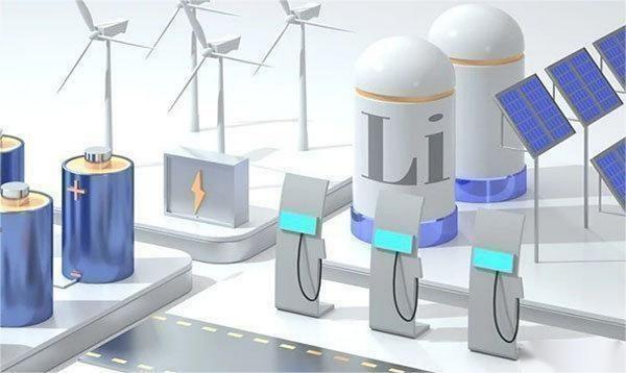
Dec . 07, 2024 13:34 Back to list
mechanical energy storage flywheel exporter
The Role of Flywheel Technology in Mechanical Energy Storage
In an era where energy sustainability and efficiency are paramount, innovative methods of energy storage have become increasingly vital to meet our growing demands. One such technology, flywheel energy storage, stands out for its unique advantages and rapid adoption in various industries. As a mechanical energy storage solution, flywheels utilize kinetic energy to store and release energy, offering several benefits that make them attractive for both commercial and industrial applications.
How Flywheels Work
Flywheel systems consist of a rotating disk or rotor that is spun at high speeds. When energy is added to the system, the rotor stores this energy as kinetic energy. The principle of conservation of energy allows the flywheel to store this energy and then release it when needed. The process is incredibly efficient, with modern flywheels achieving round-trip efficiencies exceeding 90%. This efficient energy transfer mechanism makes flywheels an excellent choice for applications requiring quick energy bursts.
Applications of Flywheel Energy Storage
Flywheel technology finds applications across various sectors. In renewable energy systems, for instance, flywheels are frequently employed to smooth out the intermittent nature of sources like wind and solar power. By storing excess energy generated during peak production periods and releasing it during low production times, flywheels contribute to grid stability and reliability.
In the transportation sector, hybrid and electric vehicles utilize flywheel energy storage to enhance performance and efficiency. The rapid discharge and recharge capabilities allow vehicles to regain energy during braking, which is then available for acceleration, improving overall efficiency and reducing fuel consumption.
In commercial settings, flywheels are increasingly used for uninterruptible power supply (UPS) systems. These systems provide crucial backup power to facilities, ensuring that operations can continue seamlessly in the event of a grid failure. The quick response times of flywheels make them ideally suited for this purpose, offering power in mere milliseconds compared to traditional battery systems, which can take longer to react.
mechanical energy storage flywheel exporter

Advantages of Flywheel Energy Storage
One of the most significant advantages of flywheel energy storage systems is their longevity. Unlike batteries, which degrade over time and require periodic replacement, flywheels can operate for decades with minimal maintenance. This lifespan translates to lower lifecycle costs and a lower environmental impact, as fewer resources are consumed in production and disposal.
Furthermore, flywheels can operate across a wide range of temperatures without the need for complex cooling systems, which further adds to their efficiency and flexibility. Their ability to handle high charge and discharge rates also makes them suitable for applications that demand rapid energy availability.
Challenges and Future Directions
Despite their advantages, flywheel technology does face challenges. The initial setup costs can be higher than those for conventional batteries, which may deter adoption in some markets. Additionally, flywheels require careful engineering to manage the stresses and wear associated with high-speed rotation and may pose safety concerns if not properly maintained.
However, ongoing advancements in materials and engineering techniques are addressing these challenges. As demand for reliable and sustainable energy storage solutions grows, the investments made in flywheel technology are likely to yield greater efficiency, reduced costs, and increased market penetration.
Conclusion
In conclusion, flywheel energy storage represents a promising mechanical solution to meet the energy challenges of the future. Its efficiency, longevity, and capability to provide rapid energy bursts make it an ideal choice across various applications, from renewable energy integration to transportation and commercial power supply. As technology continues to evolve, flywheels are poised to play an integral role in the transition towards a more sustainable and resilient energy landscape. The emergence of flywheel exporters is a testament to the growing recognition of this valuable technology, reinforcing its importance in the global energy market.
-
Advanced AI Energy Management with GPT-4 Turbo
NewsAug.02,2025
-
AI-Powered EMS with GPT-4-Turbo | Efficiency Boost
NewsAug.01,2025
-
Optimized Storage System for GPT-4-Turbo | High Performance
NewsJul.31,2025
-
AI Energy Management System w/ GPT-4 Turbo Efficiency
NewsJul.31,2025
-
High-Performance Energy Storage System for Reliable Power Solutions
NewsJul.30,2025
-
Advanced EMS Solutions for Energy Management System & Storage Battery Companies
NewsJul.29,2025























